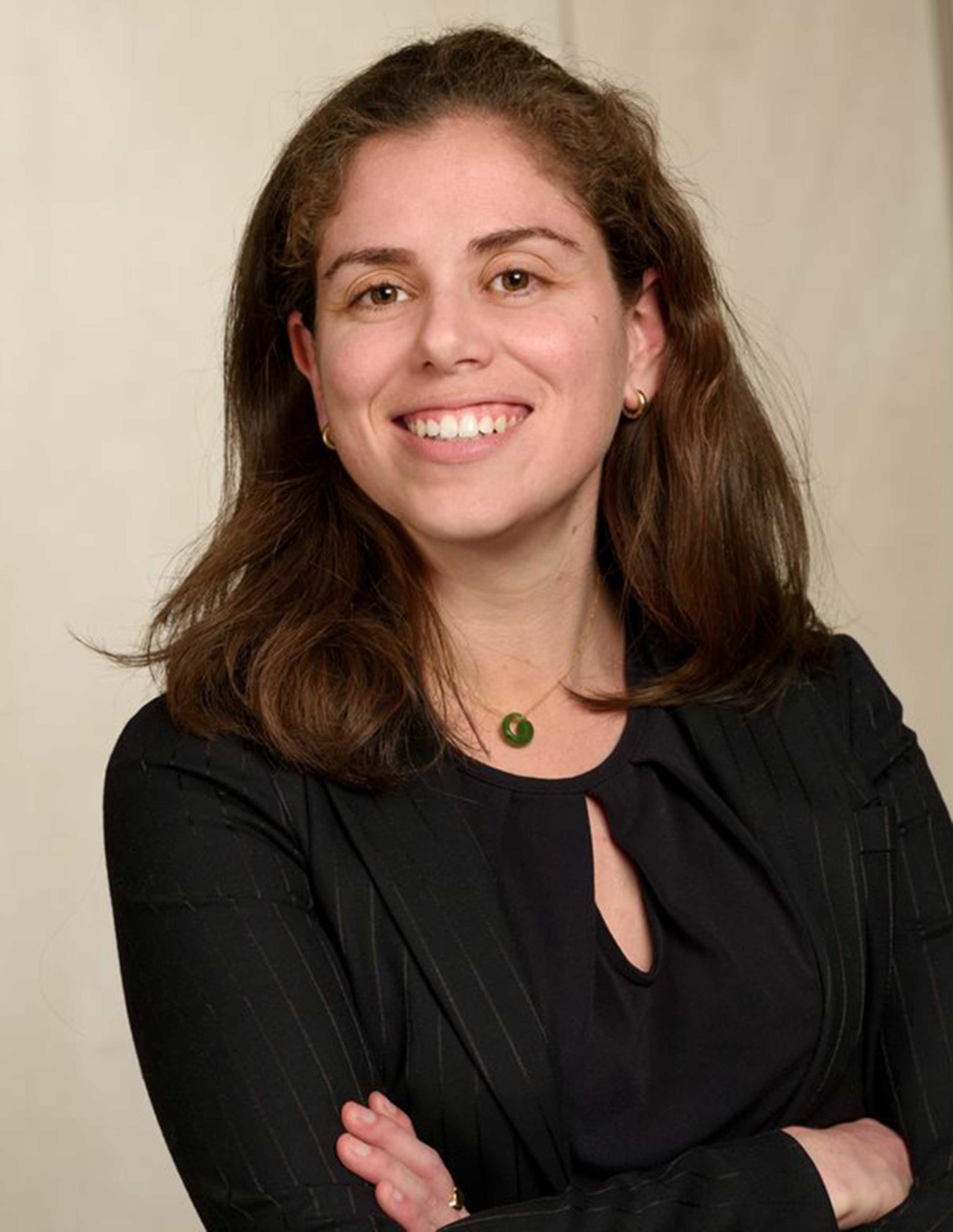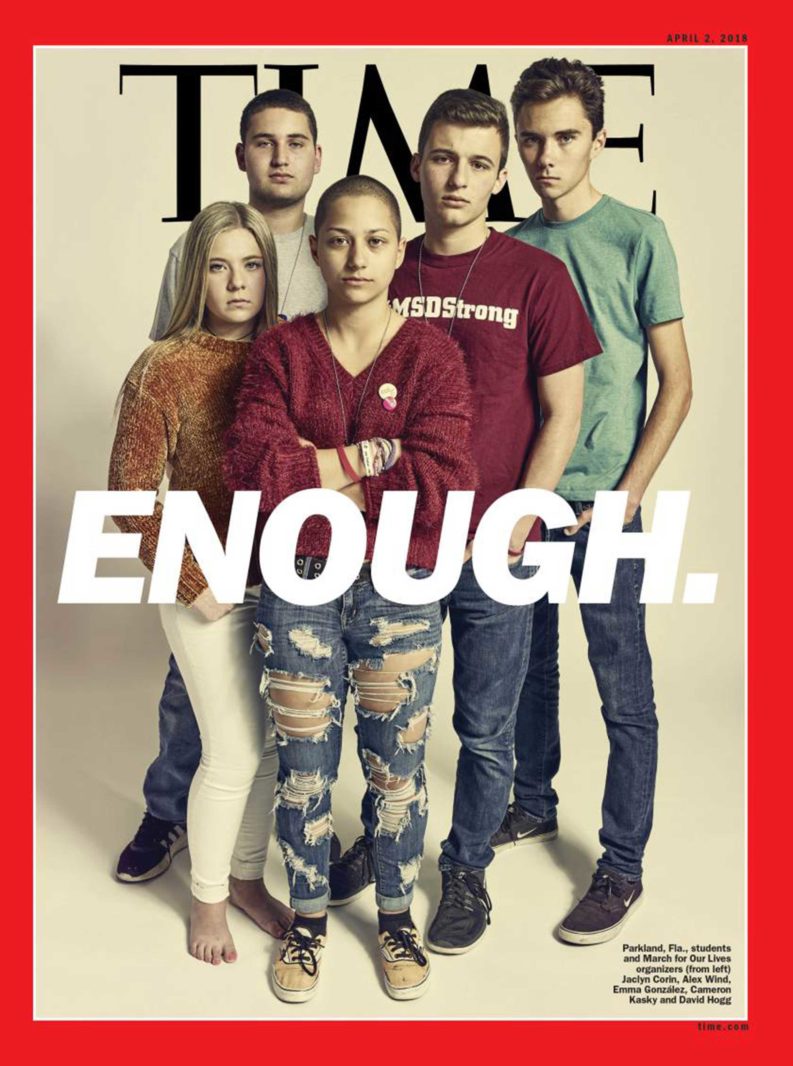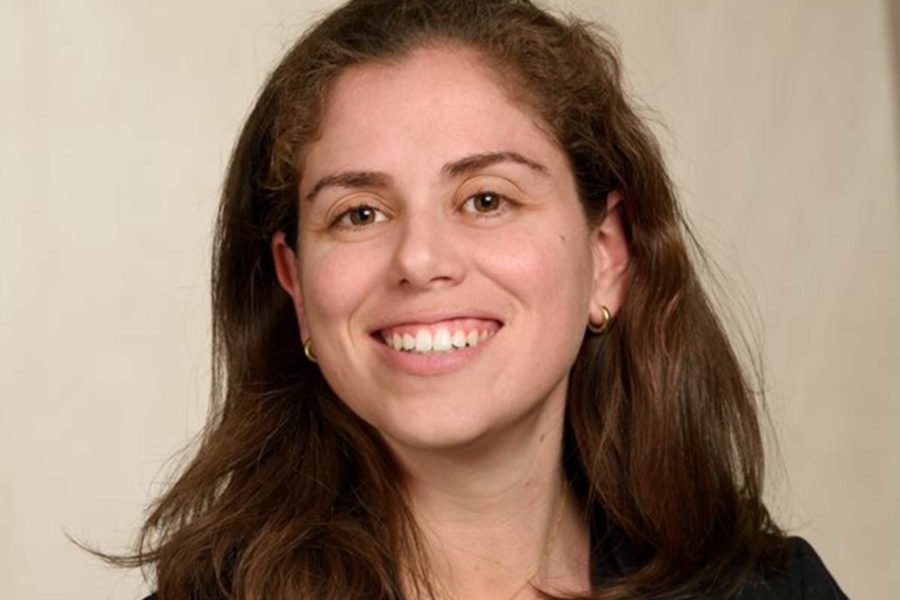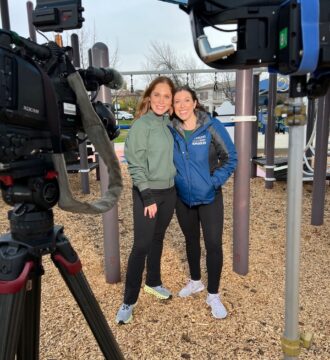
Photo courtesy of Chana Sacks
Dr. Chana Sacks is a co-founder of the Mass General Hospital Gun Violence Prevention Coalition
It would be impossible to write an article on gun violence without mentioning the latest mass shooting that occurred on Oct. 27 at the Tree of Life synagogue in Pittsburgh. The anti-Semitic attack left 11 people dead and six wounded. Tragically, this hate crime gets added to the horrifically long list of incidents that demand common sense gun laws be put into effect now. Yet, the debate wages on and nothing is being done by the administration to prevent such senseless acts of violence.
Chana Sacks, a general internist at Massachusetts General Hospital, plans to change that. Following the devastating loss of her cousin’s seven-year-old son in the Dec. 14, 2012, shooting at Sandy Hook Elementary School in Newtown, Connecticut, she decided she could no longer stand on the sidelines as mass shootings reached epidemic levels in the U.S.
The incident, which claimed the lives of 20 children and six adults, led her to join forces with a group of physicians, nurses, surgeons, physical therapists, and social workers in 2015 to co-found the Mass General Hospital Gun Violence Prevention Coalition. Initially, the group met to brainstorm ways that they, as health care providers or as a hospital, could enact policy changes to prevent further deaths by gun violence. Since then, Sacks says, “We’ve received support from the community, from advocates, and political stakeholders.”
We want to encourage making gun safety a normal part of the patient checkup routine. The same as any other home safety questions your doctor might ask you.
The coalition’s main mission is to frame gun violence as a public health issue and address it as such to patients in Massachusetts. Clinicians are not trained to talk about gun safety with patients, “so they don’t feel comfortable doing it,” says Sacks. However, in partnership with the Massachusetts Attorney General’s Office, the MGH Gun Violence Prevention Coalition has developed guidelines for clinicians across the state to have these conversations and provide information on Massachusetts’ gun laws.
“We want to encourage making gun safety a normal part of the patient checkup routine. The same as any other home safety questions your doctor might ask you,” says Sacks. She adds that the coalition received grant funding to provide gun locks to patients so they can safely store their firearms at home. “We want to supply tools for people to do that, the same as if we would hand out condoms for patients to practice safe sex,” she says.

The MGH Gun Violence Prevention Coalition also supports the so-called “red flag” gun bill that was signed into law by Massachusetts Governor Charlie Baker in July. The bill allows relatives of a legal gun owner to petition a court for an up-to-12-month extreme-risk protection order if the gun owner poses a danger to themselves or others.
“This type of risk protection order has been shown to save lives. Connecticut is a state with the oldest red flag law and it has worked for them,” says Sacks, who believes that gun safety does not always have to be about partisanship or politics.
“Ninety percent of people in the U.S. agree that there should be background checks required for all gun purchases,” she explains, adding that gun violence includes suicides, homicides, and accidental shootings. “Easy access to guns is a common link between each kind of gun violence, but there are different root causes.”
The mass shooting that affected my family, and other mass shootings, understandably, get a lot of media attention. But mass shootings account for a minority of total gun deaths.
In October, during Boston’s HUBweek, an ideas festival where elements of science, technology, and art converge, Sacks participated in a panel discussion about the success and challenges of the nationwide student-led movement to end gun violence by promoting common sense gun control legislation and voter participation.

Photo: Peter Hapak for TIME
From left: Parkland survivors-turned-activists Jaclyn Corin, Alex Wind, Emma González, Cameron Kasky, and David Hogg on the cover of TIME magazine in early April
She was joined by David Hogg, a survivor of the Feb. 14 Marjory Stoneman Douglas High School shooting in Parkland, Florida—which left 17 students and staff dead and 17 others wounded—and co-founder of March for Our Lives, and Boston Public School student Ritchy Rinchet. The discussion was moderated by Rev. Mariama White-Hammond, minister for ecological justice at Bethel AME Church.
“It was a far-reaching conversation, with the students on the panel bringing a lot of energy and commitment to the issue,” says Sacks.
“The mass shooting that affected my family, and other mass shootings, understandably, get a lot of media attention,” she says. “But mass shootings account for a minority of total gun deaths.” Suicide gun deaths are a lot more common, Sacks notes.
In an Oct. 5 Boston Globe joint op-ed, Sacks and Hogg drew attention to the fact that gun deaths happen daily in the U.S. and not just in the form of mass shootings. The two gun safety advocates also took on the argument that any regulation on firearms is a threat to the Second Amendment, calling it is a false narrative and saying that, if anything, common sense regulations are one of the very few things most Americans can agree on.
Through the MGH Gun Violence Prevention Coalition, her participation in HUBweek programming, and her Boston Globe op-ed, Sacks wants the public to know there’s a real reason to be hopeful. She tells Exhale that everyone can make an impact by voting in the Nov. 6 midterm elections and understanding the importance of gun safety, not as a partisan issue but as a health issue.
“This is the fight of our generation,” she says, “and it’s winnable.”



 4 min read
4 min read


